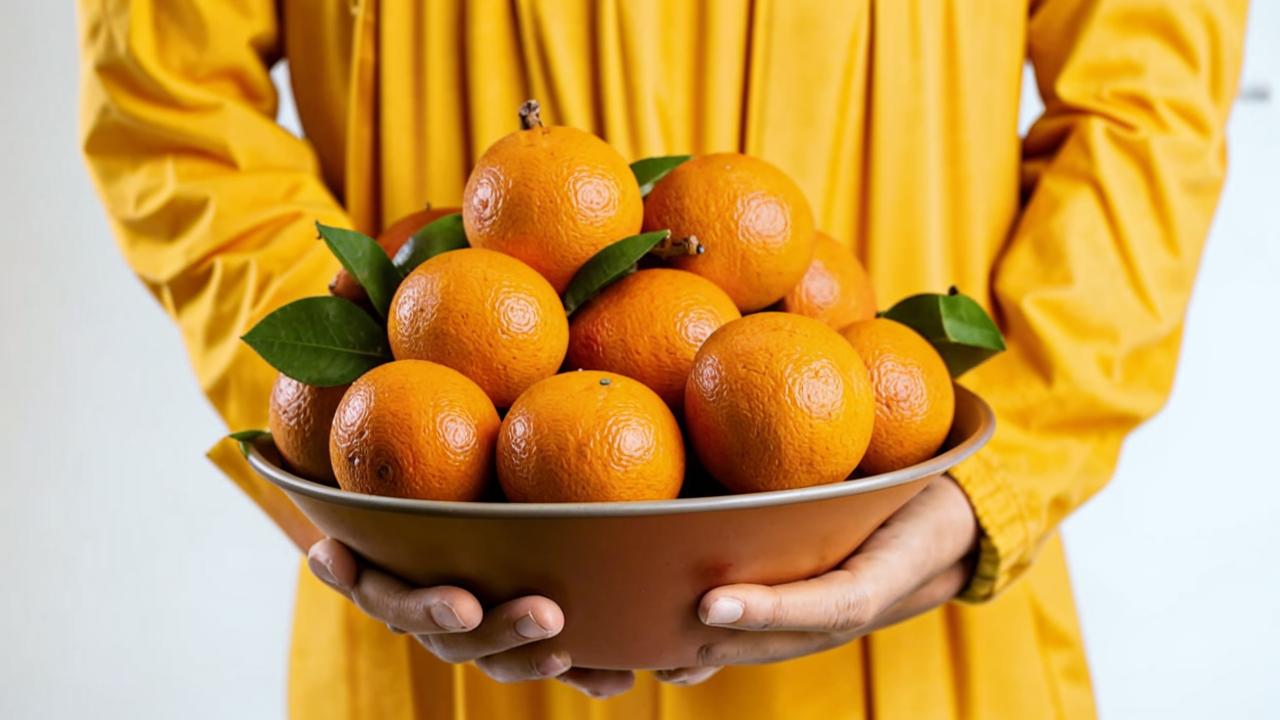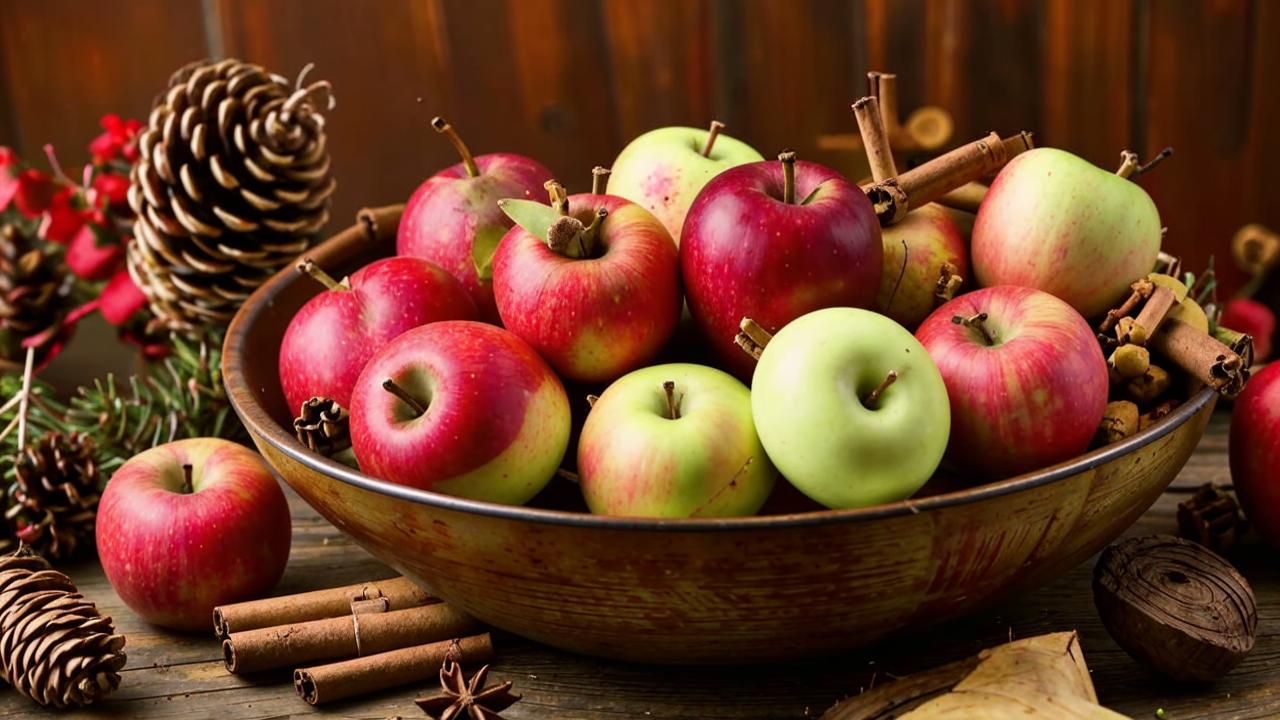Did you know that the microbes in the air change from season to season? And that the microbes in your gut should also change from season to season? And that the mood hormone receptors in your brain change depending on the season? Elena Eisenberg, a certified health coach, nutritionist from California and a speaker at the SN PRO EXPO FORUM International Festival of Sports and Healthy Lifestyle, told us all about it.
Today, we go to the grocery store and buy whatever we want and whenever we want. This convenience has made eating monotonous, completely out of season and a serious challenge to our microbiome and circadian rhythms.
Gut immunity makes up 70% of your immune system. It is linked to the persistent seasonal microbes that populate the human microbiome at certain times of the year. And these, in turn, are dependent on the foods we eat.
It’s true! We are seasonal circadian beings, and we need to live in sync and in harmony with the rhythms of nature in order to thrive on this planet.

What are the best foods to consume in the winter?
Seasonal foods contain vitamins, minerals and other nutrients that our bodies especially need at this time of year. For example, we lack vitamin D in winter because we spend more time indoors and little in the sun.
Mushrooms
Mushrooms will be an additional source of this vitamin, especially for vegans and vegetarians, during the winter months. But you can’t appreciate mushrooms just for their vitamin D content. A serving of shiitake mushrooms will noticeably improve your immune system, thanks to their high content of B vitamins, vitamin D, selenium, niacin and 7 of the 8 essential amino acids. This can be extremely beneficial in winter, when our immune system is often under pressure from all sorts of viral infections.
Citrus
In winter, we also need extra vitamin C to strengthen our bodies and prevent illness. The harvest of citrus fruits such as oranges, lemons, limes and grapefruits brings with it large doses of vitamin C, one of nature’s best defenders against the many bacteria and viruses that lurk during the coldest months.

Winter Vegetables
We burn more calories in the cold, so we crave heartier, warmer meals like soups and stews. Summer foods like berries, corn, and tomatoes don’t have to be on your menu in large quantities like they are in the summer. Instead, take potatoes, carrots, garlic, onions and other root vegetables that fall gives us as a base. They are rich in fiber and carbohydrates, which will keep you feeling satiated through the long winter months!
Pumpkin or squash? Take your pick, because both are winter superfoods. They are high in fiber, magnesium, beta-carotene, and vitamins C and B6, and will help lower blood pressure and cholesterol. They are very easy to prepare: simply dice, season and bake in the oven for a flavorful side dish or use roasted vegetables as a base for a mild puree soup flavored with nutmeg and cinnamon.
Apples
Autumn brings us the biggest harvest of apples, a fruit rich in fiber and pectin, they are good for the digestive system and have a protective effect against skin and cardiovascular diseases. They also contain vitamins A, E, B6, C and K. Apples should definitely be on your list of foods to eat in winter.

Pomegranate
Pomegranate is one of the most popular fruits of the winter season, a true antioxidant. It helps to strengthen the immune system and protects the body from various diseases. It has a protective effect against cancer and cardiovascular diseases. For this reason, you should definitely add some pomegranate to your daily diet.
Spices
Winter is the time of spices. I love the smell of cardamom in warm tea, cloves in concoctions, cinnamon in cookies, black pepper and bay leaf in soups. Adding cloves to your winter diet will help prevent winter problems like joint pain and coughs. Cinnamon will ease colds and their symptoms by warming the body. Cardamom, which is rich in antioxidants, also helps to fight off sickness. The presence of vitamin C in black pepper allows it to act as a natural remedy for colds and coughs.
Seasonal eating gives us a daily dose of vitamins in their purest form.
This meets our body’s needs and prioritizes our physical well-being and wellness. When we get what we need, we feel 100 and full of energy. Be healthy!





